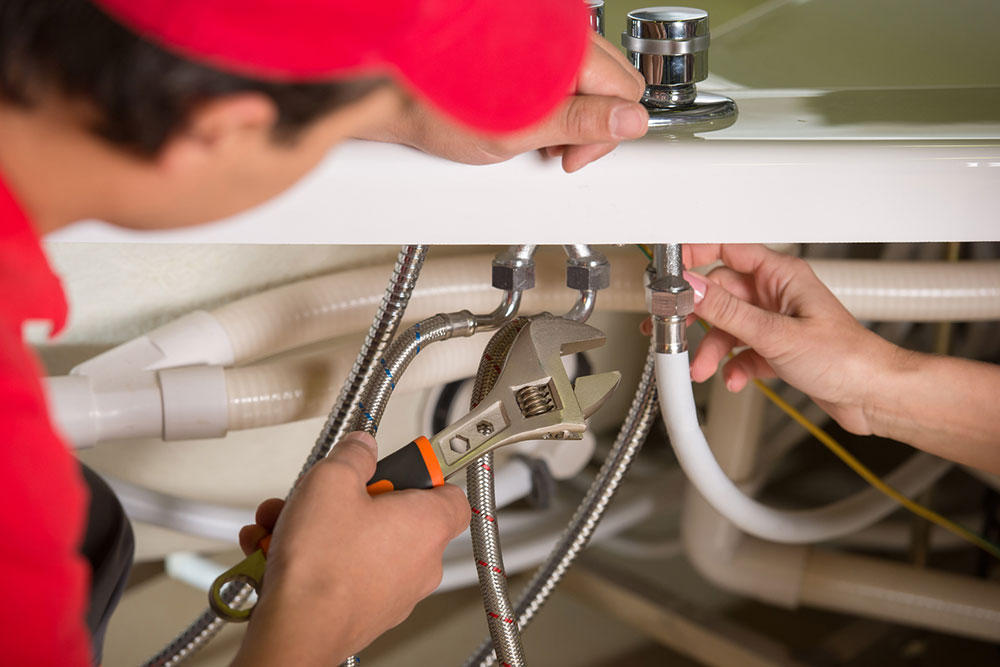5 DIY plumbing mistakes and how to fix them

Plumbing is an important aspect of home maintenance, and it typically involves pipes, fixtures, and fittings that ensure water supply, heating, and sanitation. Over time, plumbing can be affected by minor and major plumbing issues, like leaky faucets or clogged drains. Here, while DIY (do-it-yourself) is often a cost-effective approach, certain mistakes associated with DIY can lead to further expenses or damage. Here are some of those mistakes and how to avoid them:
1. Ignoring minor leaks
A small leak may seem inconsequential at first as it does not majorly affect the water supply, but over time, it can breed mold and even cause water damage. To avoid this, one should address the source of the leak as soon as possible and take necessary actions to fix it. Usually, minor leaks are brought on by worn-out washers or seals, which can be fixed by replacing faulty pipes or using pipe tapes.
2. Not turning off water
While fixing a plumbing-related issue, DIYers, in an attempt to get the job done quickly, may forget to turn off the main supply of water. So, the water may continue to flow and flood the area where repairs are being undertaken. So, one should shut off the valve before taking on any repair project.
3. Not checking local laws
Plumbing runs through an intricate structural framework of buildings, so making changes to the system can affect more houses than one. A DIYer may not be aware of local plumbing regulations like building codes and permit requirements. So those planning to take up a plumbing project should contact the local council and ensure compliance with local laws.
4. Overtightening fittings
DIYers often fear future leakages and overtighten connections like supply tubes, toilet bolts, and pipe fittings. This can actually break or deform the fittings, if not immediately, then over a period of time. So, to avoid this error, it is best to tighten the fittings until they are snug.
5. Overusing drain cleaners
A drain cleaner is often the quickest way to fix clogs, but using the solution frequently or in excessive quantities can corrode pipes, harm metal traps, damage fixtures, and even cause leakages. To avoid this, one is advised to go the traditional way and use tools like a plunger or a drain snake to clear blockages safely.
So, seeking professional advice before starting a DIY plumbing project can help one avoid mistakes and save time and money in the long run.



